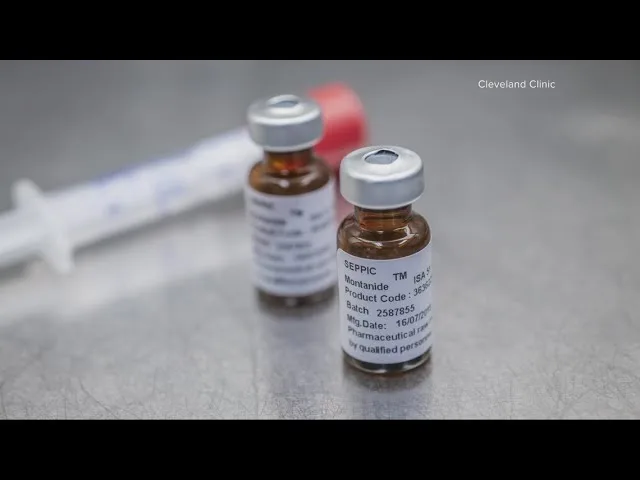Major strides made in battling triple negative breast cancer
A beacon of optimism shines in the realm of breast cancer treatment as scientists unveil a groundbreaking vaccine designed to combat the highly aggressive form known as Triple Negative Breast Cancer (TNBC). This variant poses unique challenges due to its rapid tumor growth, limited treatment options, and heightened risk of recurrence even after remission.
The innovative vaccine, presented as a beacon of hope, targets TNBC specifically, addressing the absence of estrogen and progesterone receptors in cancer cells that render conventional treatments ineffective. Administered in three doses during trials, the vaccine has demonstrated promising results, heralding a new era in breast cancer therapeutics.
Trials, conducted on a group of 16 patients previously treated for TNBC, revealed a significant T Cell Immune response, indicating the vaccine’s potential efficacy in battling breast cancer. Encouragingly, participants reported minimal side effects, enhancing the treatment’s appeal.
In a press release, Dr. Amit Kumar, Chairman and CEO of Anixa Biosciences, the developers of the vaccine, expressed enthusiasm about the Phase 1 trial’s success, stating, “The data from our Phase 1 trial to date has exceeded our expectations, and we are pleased with our progress.”
He further explained, “This vaccine is designed to direct the immune system to destroy TNBC cancer cells through a mechanism that has never previously been utilized for cancer vaccine development.”
While the initial focus is on treating existing TNBC cases, the potential extends to preventing more invasive procedures like mastectomies. Dr. G. Thomas Budd, a medical oncologist at the Cleveland Clinic, emphasized the challenging nature of studying this patient group due to its size and the prolonged time required for cancer development.
Despite the hurdles, Dr. Budd expressed excitement about the prospect, saying, “Our hope is that future studies will demonstrate that the antigen-specific T cell responses we observed translate to the prevention of breast cancer recurrence.”
As this groundbreaking research unfolds, it marks a significant stride toward addressing the urgent need for targeted treatments in combating TNBC, offering hope to patients and paving the way for a transformative shift in breast cancer care.
